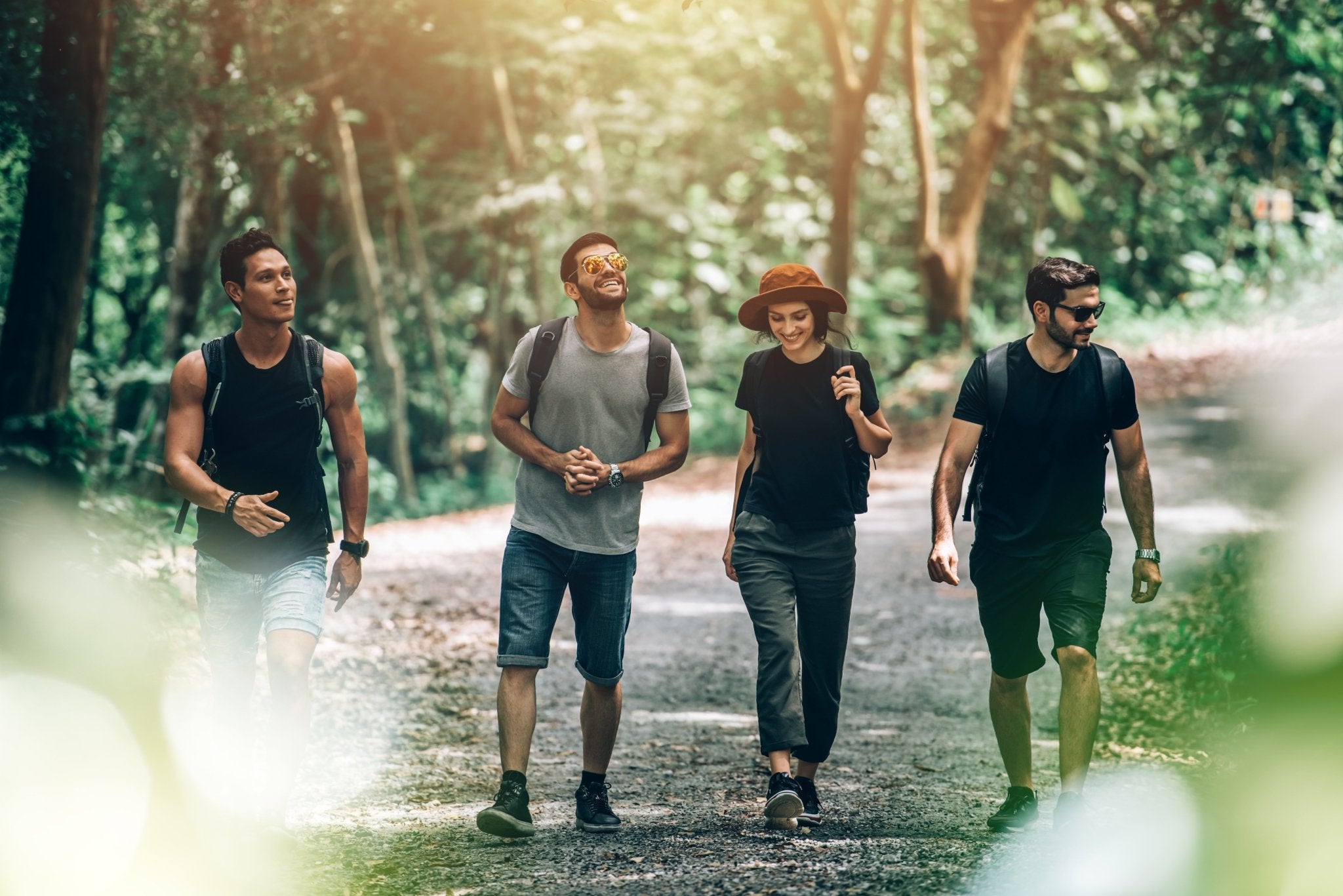
First-time camper? Keep it simple. Choose a campsite with basic facilities—think toilets, running water, and maybe even a picnic table. National parks and dedicated campgrounds are great beginner-friendly options, no matter where you are. Look for places that offer easy access, scenic views, and safety features.
🏕️ Step 1: Pick the Right Spot
Choosing the right campsite is key to a stress-free first experience. Opt for a location with:
- Basic facilities – Toilets, potable water, and picnic tables make things easier.
- Easy access – Avoid remote areas for your first trip.
- Scenic surroundings – A beautiful view makes everything better.
- Safety – Well-lit, designated campgrounds are ideal for beginners.
🎒 Step 2: Gear Up (But Don’t Overdo It)
You don’t need a truckload of gear for your first camping trip. Stick to the essentials:
- Tent: Choose an easy-to-set-up tent and practice at home first.
- Sleeping Bag & Mat: Get a sleeping bag suited to the season and a sleeping pad for extra comfort.
- Cooking Kit: A small stove, utensils, and a cooler for food storage.
- Lights: A headlamp is better than a flashlight—hands-free lighting is a game-changer.
- Bug Spray & Sunscreen: Nature is beautiful, but so are bug bites and sunburn.
🍲 Step 3: Food & Drinks – Keep It Easy
Forget complicated recipes—camp meals should be simple, hearty, and easy to prepare. Some great options include:
- Instant noodles or pasta: Quick to cook and easy to clean up.
- Wraps with canned tuna, hummus, or peanut butter: Compact, nutritious, and mess-free.
- Foil packet meals: Pre-cut veggies, potatoes, and protein wrapped in foil and cooked over the fire.
- Trail mix & granola bars: High-energy, no cooking required.
- S’mores with a twist: Swap in dark chocolate or add peanut butter for extra indulgence.
🎯 Step 4: Pack Smart (And Light)
Packing smart makes a huge difference. Bring only what you need while staying prepared:
- Clothing: Think layers! Weather can change fast.
- Footwear: One good pair of hiking boots or trail shoes is enough.
- First Aid Kit: Bandages, antiseptic wipes, pain relievers, and any medications.
- Navigation: Maps work—until they don’t. Have a backup GPS or paper map.
- Multi-use gear: A buff can be a scarf, headband, or eye mask.
- Emergency items: A whistle, flashlight, extra batteries, and a pocket knife.
🌌 Step 5: Enjoy & Disconnect
Turn off your phone (or put it on airplane mode). Take a deep breath, let the fresh air fill your lungs, and enjoy the sounds of nature. Watch the stars, listen to the fire crackle, and soak in the simplicity of the outdoors.
Camping isn’t about checking things off a list—it’s about slowing down, being present, and reconnecting with the world around you.
💬 What Do You Think?
Are you planning your first camping trip? What’s the one thing you’re most excited (or nervous) about? Drop your thoughts, questions, or beginner camping tips in the comments below! ⛺🌲🔥

0 comments